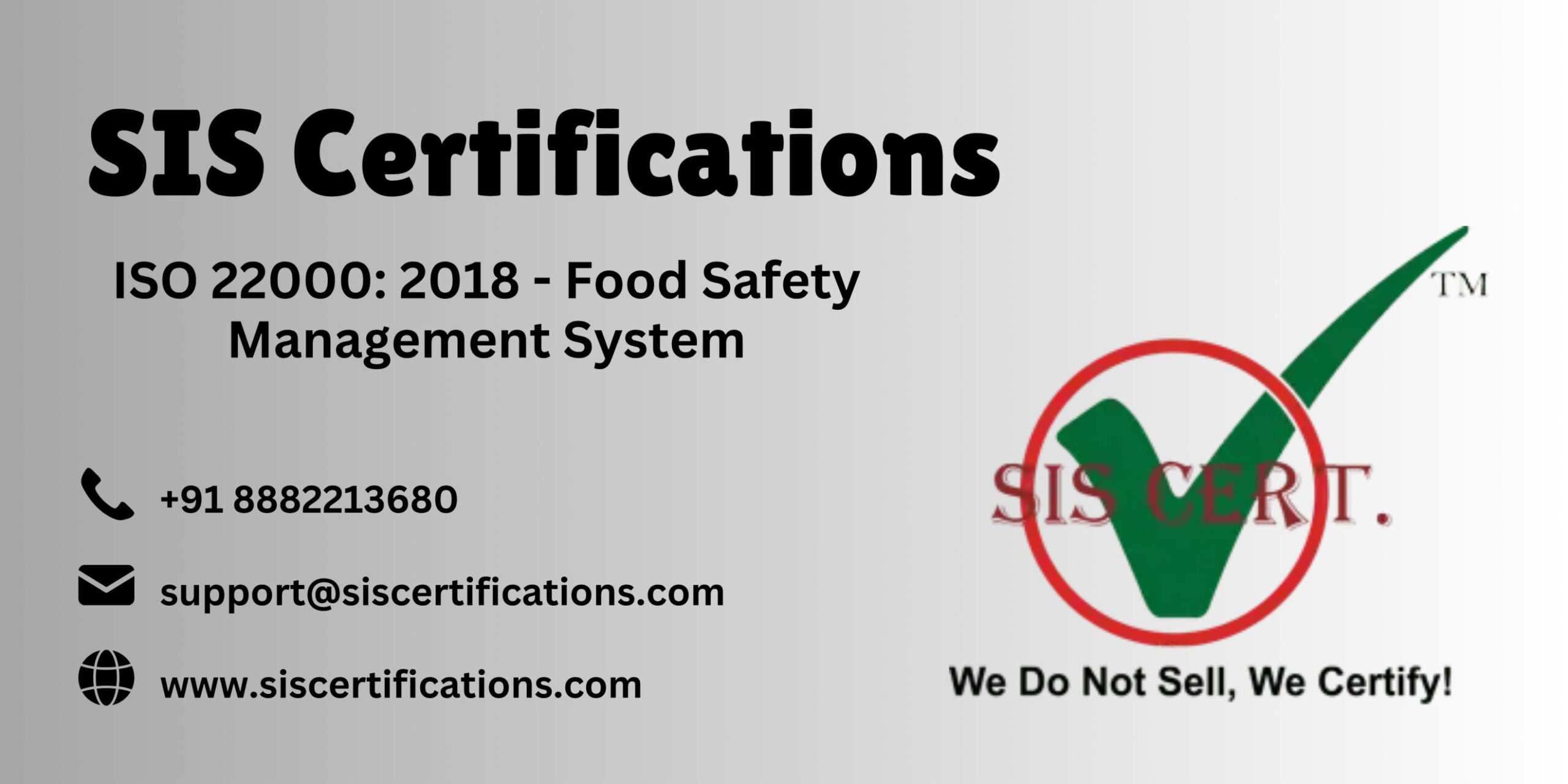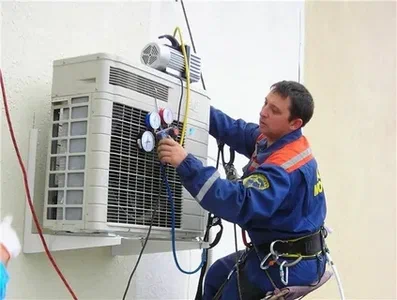ISO 22000 Certification: Your Path to Food Safety Mastery
Overview of ISO 22000 Certification
ISO 22000 Certification is an international standard developed by the International Organization for Standardization (ISO) to ensure food safety throughout the entire food supply chain. It applies to all organizations involved in food production, processing, packaging, storage, distribution, or service, regardless of size or complexity. By integrating Hazard Analysis and Critical Control Points (HACCP) principles with a robust management system, ISO 22000 Certification enables businesses to identify, control, and prevent food safety hazards.
The core purpose of ISO 22000 Certification is to ensure that food is safe for consumption by addressing potential biological, chemical, and physical risks. It promotes a systematic approach to food safety management, ensuring compliance with local and international regulations while fostering continuous improvement. For businesses, achieving ISO 22000 Certification signals a commitment to quality, safety, and transparency, which can enhance brand reputation, open new market opportunities, and build trust with consumers and stakeholders.
In a globalized food industry, where supply chains span multiple countries, ISO 22000 Certification provides a universal standard that ensures consistency and traceability. It is a vital tool for organizations seeking to meet customer expectations and regulatory demands while maintaining operational excellence.
ISO 22000 Certification Cost
The cost of obtaining ISO 22000 Certification depends on various factors, including the organization’s size, operational complexity, geographic location, and the certification body selected. Below are the primary cost components:
- Gap Analysis: A preliminary gap analysis to assess current practices against ISO 22000 requirements typically costs $1,000 to $7,000, depending on whether internal teams or external consultants are involved.
- Employee Training: Training staff on ISO 22000 standards and food safety practices can range from $500 to $3,500, based on the number of employees and training depth.
- FSMS Development: Creating a compliant FSMS, including documented policies, procedures, and HACCP plans, may cost $2,000 to $10,000, depending on the need for external expertise.
- Certification Audit Fees: The certification body conducts a two-stage audit, with costs ranging from $3,500 to $12,000 for small to medium-sized organizations, depending on audit duration and scope.
- Ongoing Maintenance: Annual surveillance audits to maintain certification typically cost $800 to $3,500, while recertification audits (every three years) may cost slightly more.
- Additional Costs: Expenses for software tools, internal audits, or corrective actions can add $500 to $2,500 to the overall cost.
While these costs require upfront investment, ISO 22000 Certification delivers significant long-term benefits, including reduced risk of food safety incidents, improved efficiency, and enhanced marketability. Organizations should view these expenses as a strategic step toward building a safer, more competitive business.
ISO 22000 Certifications
ISO 22000 Certification is a single, comprehensive standard focused on food safety management, but it is designed to integrate with other ISO standards, such as ISO 9001 (Quality Management) and ISO 14001 (Environmental Management). This compatibility allows organizations to create a unified management system that addresses multiple aspects of operations.
There are no distinct subtypes of ISO 22000 Certification, as the standard is universally applicable across the food supply chain. However, the scope of certification can vary depending on the organization’s activities. For example, a fruit processor may certify its production and packaging processes, while a catering company may certify its food preparation and delivery operations.
In some cases, organizations may pursue related certifications, such as FSSC 22000, which builds on ISO 22000 Certification by adding industry-specific requirements. While FSSC 22000 may be preferred by certain retailers or regulators, ISO 22000 Certification remains the foundational standard for food safety management and is widely recognized globally.
ISO 22000 Certification Requirements
To achieve ISO 22000 Certification Requirements, organizations must meet a set of requirements designed to ensure a robust and effective FSMS. These include:
- Food Safety Management System: Establish a documented FSMS with clear policies, objectives, and procedures to ensure food safety.
- Leadership Commitment: Top management must define a food safety policy, provide resources, and promote a culture of food safety throughout the organization.
- Hazard Analysis and HACCP: Conduct a thorough hazard analysis to identify potential food safety risks and establish critical control points (CCPs) to mitigate them.
- Prerequisite Programs (PRPs): Implement PRPs, such as sanitation, pest control, and equipment maintenance, to create a safe food production environment.
- Resource Management: Ensure adequate resources, including trained personnel, infrastructure, and technology, to support the FSMS.
- Monitoring and Verification: Establish procedures to monitor CCPs, verify FSMS effectiveness, and conduct regular internal audits.
- Continuous Improvement: Address non-conformities through corrective actions and pursue ongoing improvements to enhance food safety performance.
These requirements ensure that organizations can proactively manage food safety risks and maintain compliance with global standards.
ISO 22000 Certification Process
The ISO 22000 Certification process is a structured journey that typically spans 6 to 12 months, depending on the organization’s readiness and complexity. The key steps include:
- Gap Analysis: Evaluate current food safety practices against ISO 22000 requirements to identify gaps and create a compliance roadmap.
- FSMS Development: Develop and document the FSMS, including policies, procedures, and HACCP plans tailored to the organization’s operations.
- Implementation: Roll out the FSMS across all relevant processes, ensuring employees are trained and processes align with the standard.
- Internal Audit: Conduct an internal audit to assess the FSMS’s effectiveness and address any non-conformities.
- Management Review: Hold a management review to evaluate the FSMS’s performance and ensure alignment with organizational objectives.
- Certification Audit: Engage an accredited certification body for a two-stage audit:
- Stage 1: Review documentation to confirm compliance with ISO 22000 requirements.
- Stage 2: Perform an on-site audit to verify implementation and effectiveness.
- Certification Issuance: Upon successful audit completion, the certification body issues the ISO 22000 Certification, valid for three years.
- Ongoing Maintenance: Maintain certification through annual surveillance audits and a recertification audit every three years.
This process ensures that organizations establish a sustainable FSMS that meets global food safety standards.
ISO 22000 Standard
The ISO 22000 Standard, first published in 2005 and revised in 2018, provides a comprehensive framework for food safety management. The 2018 update aligns with the ISO High-Level Structure (HLS), facilitating integration with other management system standards. Key components of the standard include:
- Organizational Context: Understand internal and external factors that impact food safety, such as regulatory requirements and market demands.
- Leadership: Ensure top management drives the FSMS through clear policies and objectives.
- Planning: Identify risks, set food safety goals, and develop plans to achieve them.
- Support: Provide resources, training, and communication to support the FSMS.
- Operational Controls: Implement HACCP principles, PRPs, and other controls to manage food safety risks.
- Performance Evaluation: Monitor and measure FSMS performance through audits and reviews.
- Improvement: Take corrective actions and pursue continuous improvement to enhance food safety.
The standard’s risk-based approach ensures that organizations proactively address potential hazards, making ISO 22000 Certification a critical tool for food safety excellence.
FAQs
Q1: What is ISO 22000 Certification?
ISO 22000 Certification is an international standard that ensures organizations implement effective food safety management systems to prevent hazards and ensure safe food production.
Q2: Who needs ISO 22000 Certification?
Any organization in the food supply chain, including producers, processors, distributors, and food service providers, can benefit from ISO 22000 Certification.
Q3: How long does the certification process take?
The process typically takes 6 to 12 months, depending on the organization’s size and readiness.
Q4: Is ISO 22000 Certification valid globally?
Yes, it is recognized worldwide as a benchmark for food safety management.
Q5: How does ISO 22000 differ from other food safety standards?
ISO 22000 integrates HACCP principles with a broader management system framework, emphasizing leadership, risk management, and continuous improvement.
Conclusion
ISO 22000 Certification is a vital asset for organizations in the food industry, offering a structured approach to ensuring food safety and quality. By implementing a robust FSMS, businesses can mitigate risks, comply with regulations, and build consumer confidence. While the certification process requires time and investment, the benefits—such as enhanced market access, reduced food safety risks, and improved operational efficiency—make it a strategic priority. Whether you’re a small-scale producer or a global food supplier, ISO 22000 Certification is a key step toward achieving excellence in food safety and securing a competitive advantage in the industry.














Post Comment